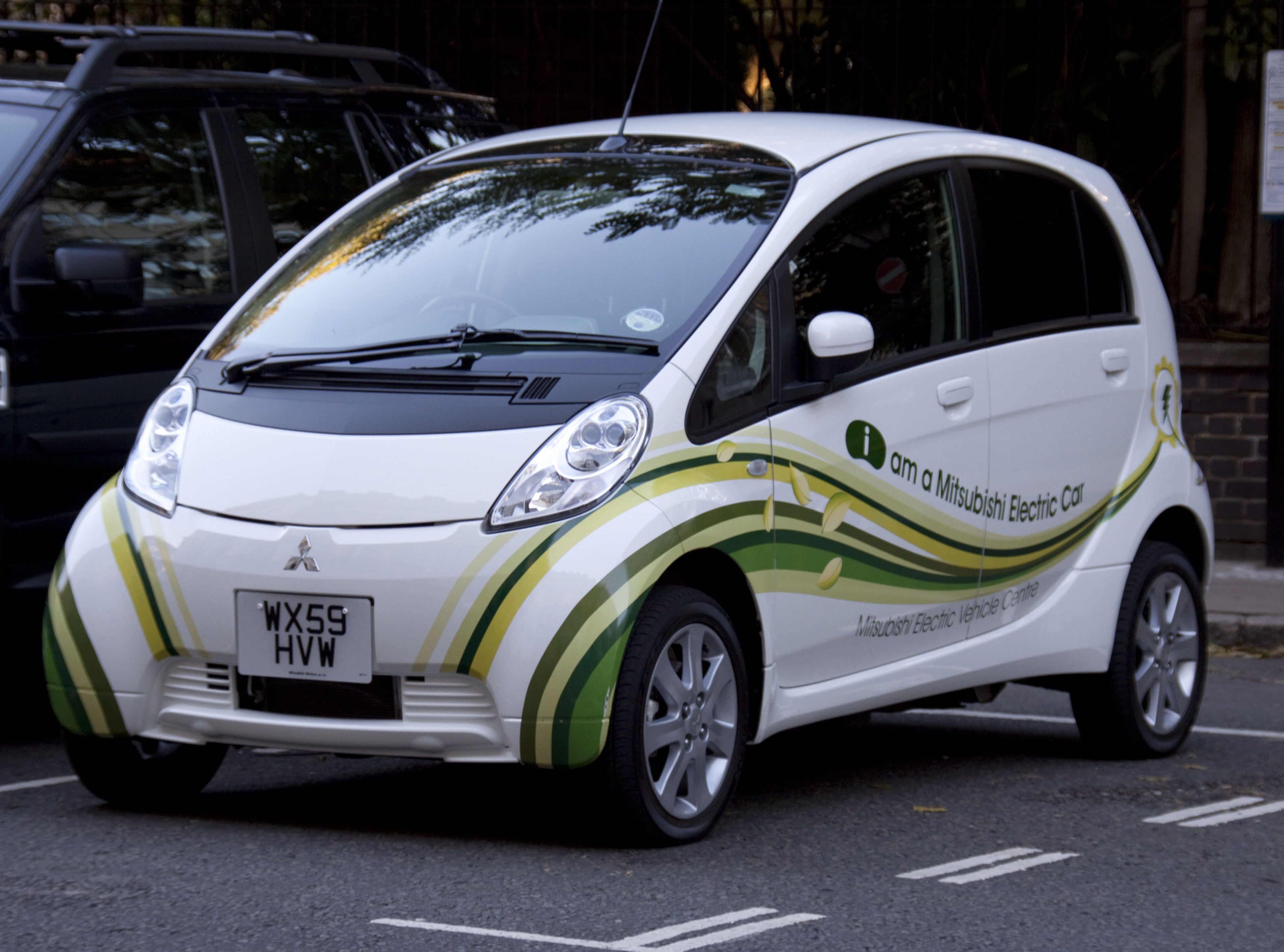 The Renault-Nissan Alliance is considered to be among the leaders in the global electric car game, and the French-Japanese car group will continue to bet big on electric drive technology, despite slow global plug-in sales.
The Renault-Nissan Alliance is considered to be among the leaders in the global electric car game, and the French-Japanese car group will continue to bet big on electric drive technology, despite slow global plug-in sales.
Carlos Ghosn, the Alliance’s CEO and chairman, stated at an event during the 2016 New York International Auto Show that electric cars are the only solution to global climate change issues, and that pretty soon the day will come when they reach mass adoption.
Sales Expected to Pick Up
Ghosn gave a keynote address at the show’s opening breakfast, offering his view on the current developments in the EV market and why he thinks electric vehicle sales will start growing substantially soon.
He started by explaining why he believes electric cars are the only viable alternative to conventional cars as part of global efforts for reducing CO2 emissions. He said that Renault-Nissan has had significant success in the EV market in recent years and it now dominates the industry, with its EV sales seeing a huge growth since its first EV model was introduced in 2010.
“Since then, the Renault-Nissan Alliance is leading the industry with more than 300,000 EVs sold globally – not as much as we had expected, but certainly a healthy start. More significantly, today nearly every major automaker has ambitious projects underway for new EVs and other zero-emissions vehicles. It’s clear EVs are here to stay,” Ghosn stated.
One of the reasons why Ghosn thinks that electric vehicles have a bright future ahead of them is that zero-emissions transportation is a necessity in the battle against global warming. Furthermore, the Nissan-Renault Alliance’s CEO says that automakers will have to increase investment in electrification because of tougher carbon emissions regulations in many countries around the world.
Lastly, Ghosn notes that EVs “just make sense”, even if the industry wasn’t forced to make them by regulations and the pressing challenge of climate issue.
Fuel-Cell Vehicles Not as Viable as Plug-Ins
As far as the factors holding back EV growth are concerned, Ghosn pointed out three key issues. For starters, he says that the fact that electric vehicles are still significantly more expensive than their conventional counterparts makes consumers think of them as a luxury, which prevents them from entering the mainstream.
On top of that, the lack of charging infrastructure continues to be a huge hurdle for EVs. Ghosn says that without a widely available charging stations, electric vehicles will not be able to become commonplace, with range anxiety deterring consumers from abandoning their gasoline-powered vehicles and switching to these more environmentally-friendly vehicles.
When it comes to the other existing potential replacements for conventional vehicles, such as hydrogen-powered cars, Ghosn doesn’t believe that they are a viable option for the time being, mostly because of the severe lack of hydrogen refueling stations and the fact that they are much more expensive to build than EV chargers.
Finally, in addition to electrification, Ghosn noted that autonomous driving technology and connectivity will transform the auto industry radically in the next couple of years, adding that Renault-Nissan will offer 10 models with high level of autonomy by 2020.